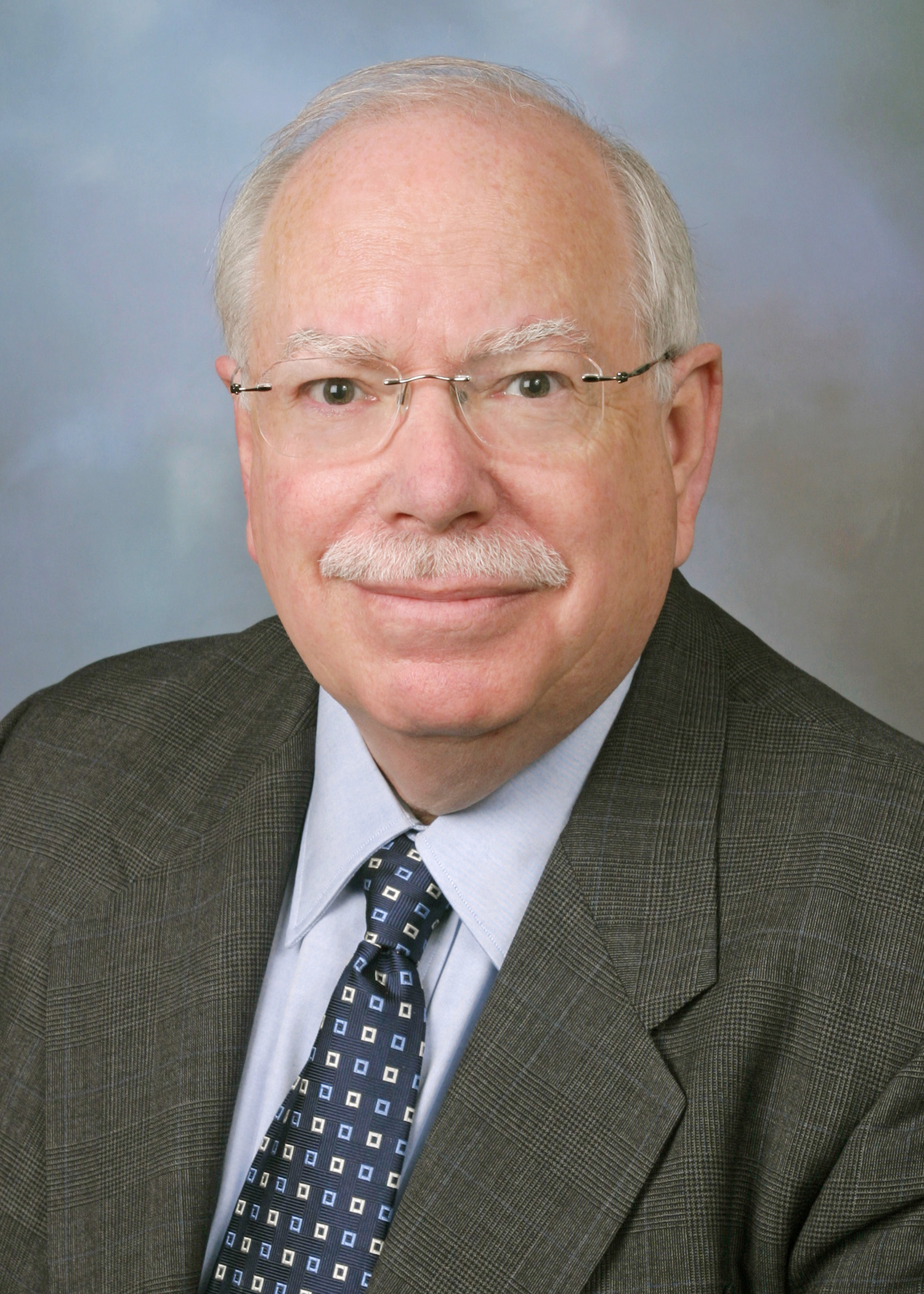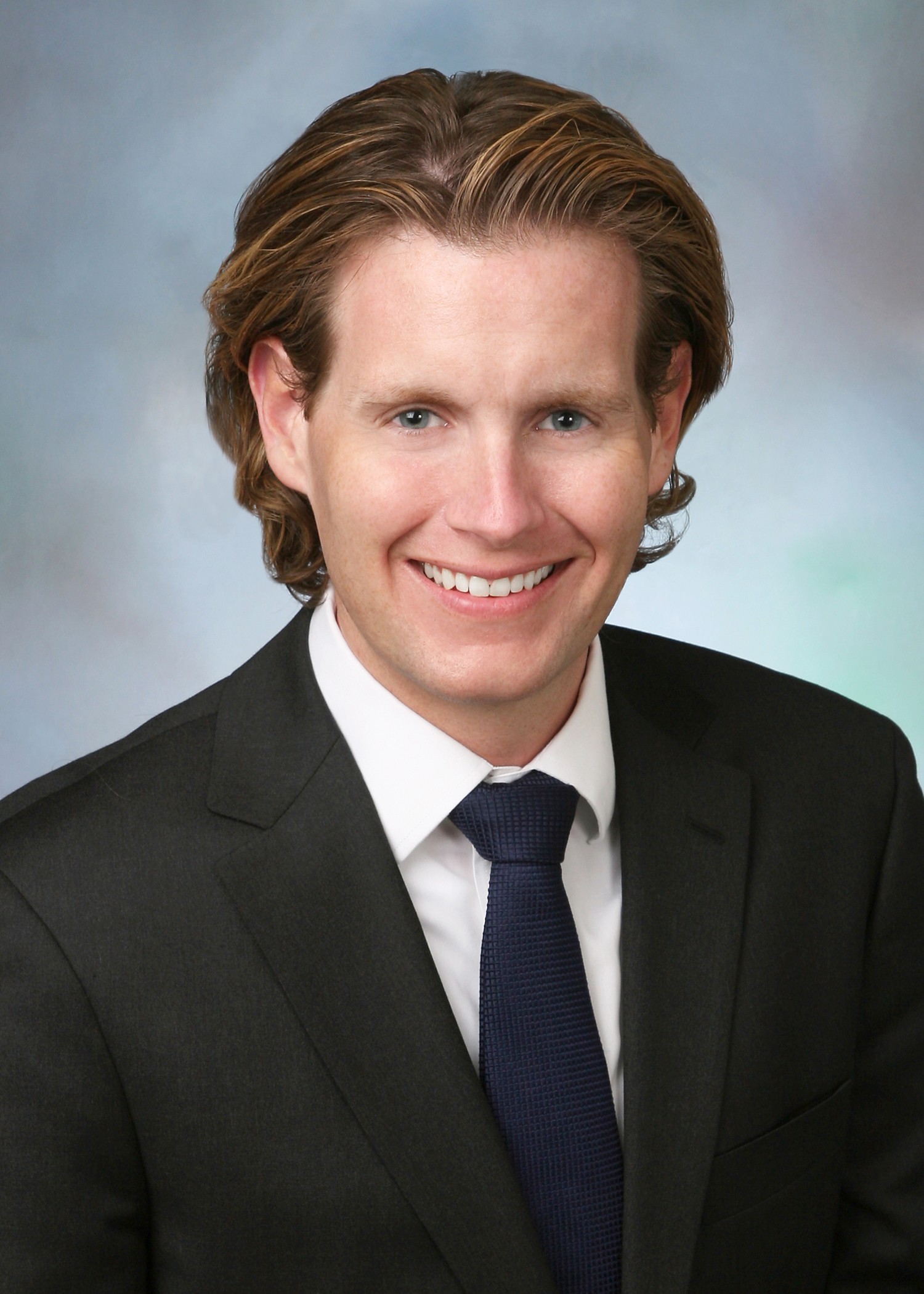It's Coming: The Next Higher Education Act Reauthorization
Published by: WCET | 5/23/2012
Tags: Cost Of Instruction, Financial Aid, Legislation, Military And Veterans, Reauthorization, Regulation, State Authorization, U.S. Department Of Education
Published by: WCET | 5/23/2012
Tags: Cost Of Instruction, Financial Aid, Legislation, Military And Veterans, Reauthorization, Regulation, State Authorization, U.S. Department Of Education
As you may have noted, we are still addressing federal regulatory issues that resulted from the last round of Higher Education Act reauthorization. While we will continue to address what’s in place, it’s also time to look forward. We invited Ken Salomon and Chris Murray of Dow Lohnes Government Strategies to give us a preview of what’s coming. WCET has already had several conversations (both internally and with other organizations) about ways to pursue Ken and Chris’s recommendations. We will continue to keep you informed on what we are doing on these issues and how you can help.
Hello WCET community! It’s our pleasure to share our thoughts on HEA reauthorization with our many friends who connect through WCET. We thought it would be helpful to start with a summary of education policy in the current Congress before we look forward to the new Congress that will take office next January.
Interest Rates and the Budget

A Presidential election year usually means that Congress only addresses pressing legislation of national significance or measures that give incumbents political benefit. One national issue is the doubling of federal student loan interest rates on July 1. Politicians hardly want to face voters after letting the interest rates on student loans increase.
President Obama and Governor Romney have both called on Congress to prevent the increase. Bills have been introduced in the House and Senate, and it appears likely that Congress will find a solution before the election.
The core issue driving policy in Washington is the budget. Rather than the once-orderly budget and appropriations process, Congress now relies on last-minute, stopgap funding via Continuing Resolutions, omnibus appropriations, and other measures, like the forced sequestration in the Budget Control Act of 2011. Even spending once immune from cuts, such as Medicare and Social Security and Pell Grants, are quietly snipped in the waning hours before a budgetary deadline. Indeed, the current impasse about student loan rates is not about the increase itself – both sides generally agree that the increase should not be allowed to happen – but instead, it’s about how to pay for keeping the rate low.
The post-election “lame duck” Congress will be active and contentious. The Bush-era tax cuts, the payroll tax holiday, and the Medicare “doc fix” are set to expire on the same day, January 1, that the Budget Control Act triggers sequestration. Speaker Boehner and the White House have already begun to draw lines in the sand about the next federal debt ceiling increase that is still months away.

What does this mean for your campus? All education programs will again be on the table in the dark of night for trimming, and concerted advocacy for funding for any federal education program has become difficult or impossible in this environment.
Veterans, College Cost, and More Rulemaking
Beyond interest rates and the budget, legislation that focuses on veterans and military funding could pass before the election. Senate Democrats have re-focused their energy on veterans and military education funding, though momentum appears to have waned somewhat in the wake of President Obama’s recent Executive Order that directs the Defense and Veterans Affairs Departments to provide greater information for prospective students. However, reforms to veterans and servicemember educational aid programs that impact all institutions serving this population and that focus on oversight, transparency, and disclosure could still pass in this election year.
After two years of hearings, Senate HELP (Health, Education, Labor, and Pensions) Committee Chairman Harkin’s critical focus on the for-profit sector has quieted. He is expected to release a final report on the findings and results of his hearings early this summer that will be part of the record for legislative action next year. Significantly, Chairman Harkin and Senate Democrats have cast a wider net with the March document request issued to UMUC. Despite pressure from many corners of postsecondary education, Senate Democrats refused to take up legislation that would repeal the state authorization and credit hour regulations even though the measure passed the House by a wide bipartisan margin.
President Obama’s statements in his January State of the Union address that all institutions were “on notice” regarding the cost of college signaled to many that the Department of Education could consider extending some version of Gainful Employment to nonprofit institutions.
In the interim, the Department is planning a negotiated rulemaking on “Distance Learning,” which must be carefully monitored by everyone in the postsecondary community who has a stake online. If effectively deployed, new regulations could achieve the Department’s goal of reducing fraudulent access to Title IV through eLearning. While all but the fraudsters support that goal, the worry with new regulations is unintended consequences. Those folks who live and breathe eLearning must be actively engaged in the rulemaking process in 2012 as a primer for what may happen on the Hill in 2013.
Setting the Table for HEA Reauthorization
General Congressional inertia combined with inter-party acrimony on the Senate HELP Committee has left reform of the Elementary and Secondary Education Act at a standstill. Indeed, it will not happen in this Congress, and it also may be pushed beyond the next. Congress could very well begin the debate on HEA reauthorization shortly after convening the 113th Congress in January. The outcome of the election in November will be the major determinant of whether HEA reauthorization will occur, and if so, what it looks like.
While the 2008 reauthorization of the HEA contained largely incremental tweaks to the law, the next reauthorization could contain substantial changes. The November election will determine party control of the House, the Senate, and the White House which in turn will determine the agenda and tone surrounding reauthorization. At present, the races for the White House and the Senate are too close to call, but the House is more likely than not to remain in GOP hands. Reauthorization in a Democratically-controlled Senate would concentrate reforms on for-profits; reauthorization in a GOP-controlled Senate would be a larger examination of all of postsecondary education, particularly if Governor Romney wins the Presidential race.
We expect that HEA reauthorization will begin with the House and Senate authorizing committees and would focus on three specific issues.
First, the Committees will most certainly take a deep look back into the Program Integrity rulemaking related to federal student aid and its impact on institutional operations, particularly if the GOP controls either the House or the Senate and thus chairman’s gavel on the respective education authorizing Committee. A subpart of this relitigation could be the Department’s increasing micromanagement of issues that have traditionally been left to the discretion and judgment of institutions.
Second, the role the “Triad” – the U.S. Department of Education, accreditors, and state licensing agencies – in postsecondary education will be explored. The functions of each of the Triad have largely bled together in recent years. We anticipate the Committees to take a closer look at the Triad, especially with regard to accreditation, to determine whether the foundations of oversight need to be reformed.
Finally, the main focus of Committees could be an examination of ways to address the cost – both to taxpayers and to families – of attaining a postsecondary degree. Congressional and public frustration with college cost is getting ever louder (reflected in a segment of 60 Minutes on May 20), as is the frustration of many in Congress with the level of federal education spending. One issue that has united all subsectors of postsecondary education is the resounding complaint that institutions do not have the power to limit student borrowing. Giving institutions such discretion is certainly worthwhile but could be a slippery slope for adult and low-income learners who often rely on federal aid to supplement the loss of other income while attending school.
eLearning in HEA Reauthorization
Beyond these larger issues, we expect eLearning to play a sizable role in reauthorization. We hope that a core part of the conversation will be the impact eLearning can have on access and attainment.
Many of the leading disruptive innovators in the education sector hail from the eLearning community (witness the new President of MIT). Those institutions that are focused on competency-based education, including subparts of larger institutions, could be given wider latitude to explore their disruption. However, if reauthorization were to specifically free institutions all from seat time and focus on outcomes, the impact on eLearning could be dramatic.
We strongly encourage the eLearning community to gear up for reauthorization immediately and be prepared work with Congress this year. Concrete legislative proposals for inclusion in reauthorization must be identified and drafted, perhaps in part working through the new Congressional eLearning Caucus founded by Representatives Noem (R-SD) and Polis (D-CO). To that end, we strongly urge everyone reading this post to ask your members of the House of Representatives to join the Caucus because the larger the Caucus, the greater its impact on reauthorization.
The groundwork for reauthorization will be laid with the current Congress for possible reauthorization in 2013. Time is of the essence in getting your institution and associations involved. We look forward to working with our partners in the WCET community on concerted advocacy for smart ways to advance the best of eLearning in the next iteration of the HEA.
2012-2013 Outlook
Kenneth Salomon is the Chairman of and Christopher Murray is the Vice President for Education Policy of Dow Lohnes Government Strategies LLC.
Copyright © 2012, Dow Lohnes PLLC. All Rights Reserved. This publication is prepared by the law firm of Dow Lohnes PLLC as an information source for clients and other interested parties. For further information on the matters addressed in this issue, please contact the attorney listed. We permit and encourage photocopying and distribution with attribution. The content of this publication is general legal information and does not constitute legal advice or create an attorney-client relationship. Readers should not act upon information presented herein without professional legal counsel addressing the facts and circumstances specific to them.